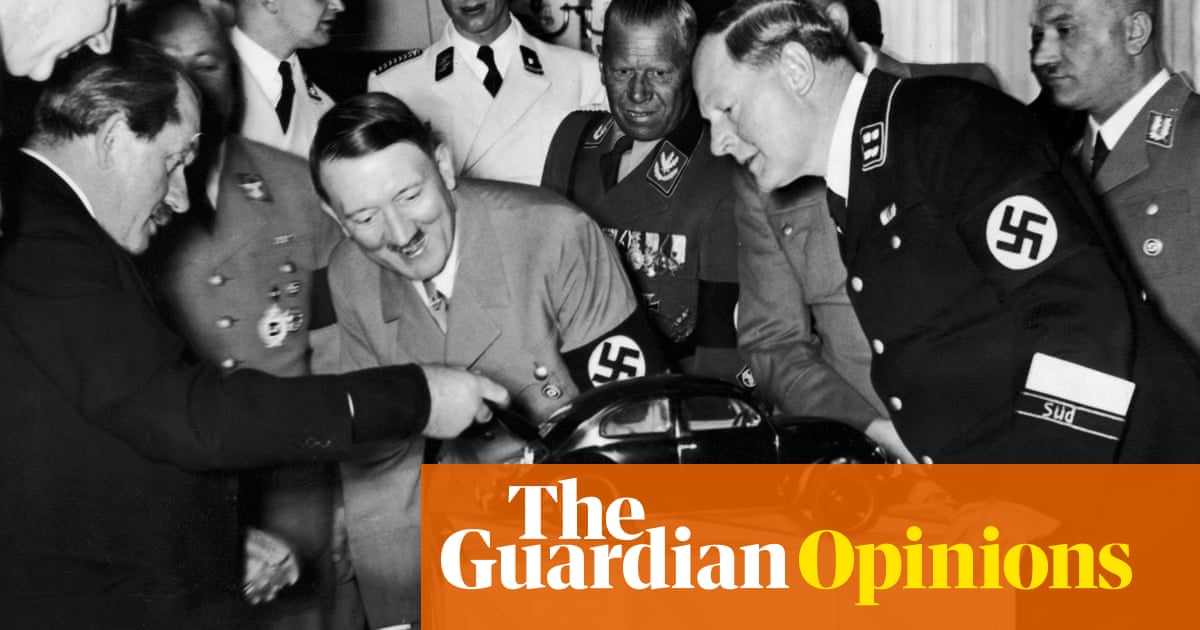
"For my generation born in the late 1980s, the legacy of the Holocaust is not just historical; it serves as a pressing warning against the rise of far-right extremism today."
"Despite Germany's vigilant stance against revisionism, the recognition of Herbert Quandt, a prominent SS supporter, highlights a troubling selective memory regarding accountability for Nazi crimes."
This article reflects on Germany's complex relationship with its past, particularly how different generations have been taught about the Holocaust. The author, emerging from the late 1980s, recognizes the urgency of historical lessons amid rising far-right ideologies like the AfD. While significant protests and official classifications aim to reject extremism, the recognition of Herbert Quandt for journalism raises questions about how seriously Germany grapples with its history. The seeming contradiction between public resistance and hidden legacies of complicity illustrates ongoing challenges in confronting collective guilt and accountability.
Read at www.theguardian.com
Unable to calculate read time
Collection
[
|
...
]